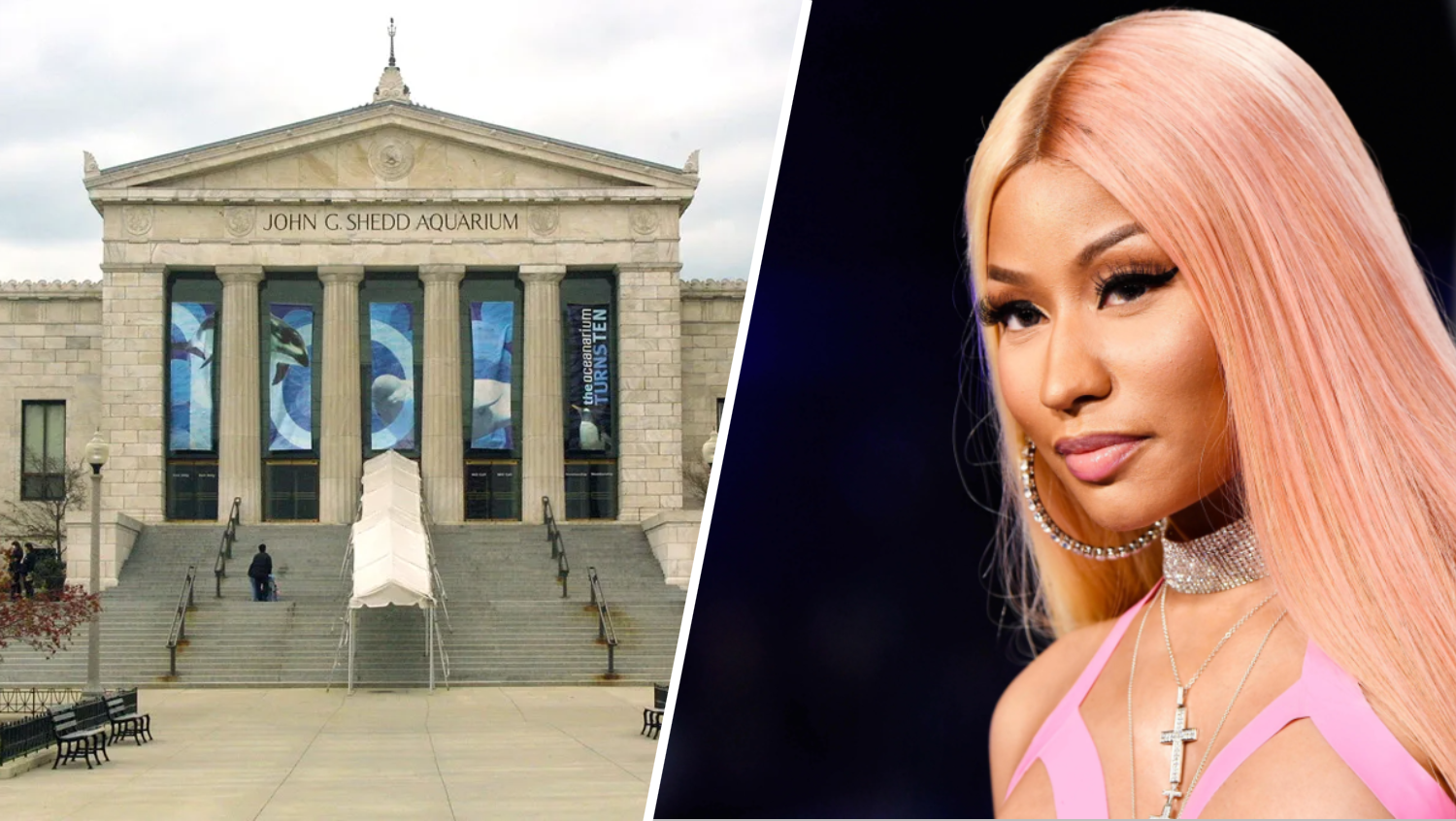Note: Dr. Arwady's news conference can be watched live in the video player above beginning at around 1 p.m. CST.
Chicago health officials updated the city's coronavirus travel order Tuesday to include 46 states and Puerto Rico requiring a 14-day quarantine or pre-arrival negative test.
The emergency travel order requiring a 14-day quarantine for travelers from certain locations was issued in July in an effort to slow the spread of the deadly coronavirus.
Last month, the city changed the way it reports states being added to its travel order, categorizing states in a color-coded map to determine which requirements are in effect for travelers, from the original requirement of a 14-day quarantine to a negative test result depending on the severity of the state's outbreak.
Two weeks ago, the order was updated to include 46 states and Puerto Rico.
As of Tuesday, 19 states were categorized as "red" states, meaning travelers must quarantine for 14 days when coming to Chicago: South Dakota, North Dakota, Minnesota, Wyoming, New Mexico, Nebraska, Kansas, Montana, Alaska, Indiana, Wisconsin, Rhode Island, Iowa, Nevada, Ohio, Colorado, Utah, Oklahoma and Idaho.
Only three states are listed as "yellow," meaning they do not require a quarantine: Maine, Hawaii and Vermont.
Local
The remaining 27 were listed as "orange," meaning they require a 14-day quarantine or negative test prior to arrival in Chicago.
Here's a look at the guidelines:
Yellow: States with a rolling 7-day average less than 15 cases/day/100k residents.
- No quarantine or pre-arrival test required. Maintain strict masking, social distancing and avoidance of in-person gatherings
Orange: States have a rolling 7-day average between 15 cases/day/100k residents and the Chicago rolling 7-day average (currently 60)
- 14-day quarantine OR pre-arrival negative test no more than 72 hours before arrival in Chicago with strict masking, social distancing and avoidance of in-person gatherings
Red: States have a higher 7-day rolling average of positive cases/day/100k Chicago residents.
- 14-day quarantine
Arwady said in announcing the latest update that no matter a state's color under the order, she would not recommend any unnecessary travel.
"The bottom line, you should not be traveling," she said last month. "Right now COVID is surging across the entire United States and you risk bringing COVID with you."
Arwady said as of Tuesday, Chicago is seeing 160,000 diagnosed cases in Chicago with 20,000 active cases and 3,500 deaths.
She added that between five to seven times times the number of people diagnosed likely have the coronavirus, so Chicago could have between 99,000 and 140,000 people with the active virus.
Citywide test positivity is at 11.6%, which is lower than the city's peak 16% but higher than Chicago's 5% goal, Arwady said.
The city said it hopes to simply educate travelers about the order, but those found in violation could be subject to fines of between $100 and $500 per day, up to $7,000.
"The quarantine and pre-arrival testing requirements apply to people even if they have no COVID-19 symptoms," the city's health department said in a release.
Exceptions can be made for travel for medical care, parental shared custody and business travel for essential workers. It also does not apply to an individual passing through states for less than 24 hours over the course of travel, including layovers at airport or people driving through a particular state. Daily commuters to and from neighboring states are also exempt.
Chicago's travel order, which began on July 6, is now evaluated every other Tuesday, with any additions taking effect the following Friday.
Health officials in both the city and across the state have been discouraging unnecessary travel as the pandemic enters a "second surge."
"Let's be clear, travel will increase your chances of contracting and spreading COVID-19," Illinois Department of Public Health Director Dr. Ngozi Ezike said.
Ezike said that travel might be necessary at times, but those who do travel, should take necessary precautions.
"Consider how you're going to travel or your mode of transportation," she said. "Obviously, when you fly, there are security lines as you go through the airport terminals. Think about a flight with layovers where it may be cheaper, but obviously that will pose more risks than a direct flight. Traveling by bus or train versus taking your own vehicle- obviously taking your own vehicle if that's an option would be safer. Traveling by bus or train, you might not be able to maintain 6 feet of distance and sometimes that will be for extended periods of time during the journey. If you are driving your own personal car, think about planning out how you will do the stops for gas for food for bathroom breaks, think about hand sanitizer and washing your hands frequently."



